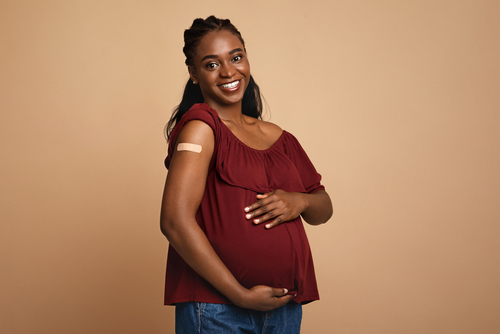
Pregnancy care tips if you have HIV
If you are living with HIV and expecting a baby or planning to have a family, it is important to take extra steps to safeguard your health and the health of your child.
Here’s how you can take care of your pregnancy and your baby if you are living with HIV.
Before the pregnancy
When you’re ready to start a family, talk to your doctor or a nurse about getting pregnant. Most doctors recommend that you take your treatment on a regular basis and have an undetectable viral load before getting pregnant. During your visit, your medical practitioner will tell you if you should continue taking your current treatment or whether you should adjust it to accommodate your pregnant needs.
This consultation is important because you will learn about the risks of mother-to-child transmission during pregnancy, as well as the need of taking your treatment on a regular basis to limit this risk. You may then make an educated decision about becoming pregnant.
During Pregnancy
When your pregnancy is confirmed by a medical expert, request a meeting with your HIV specialist to discuss how to manage HIV during your pregnancy and how to decrease the risk of HIV transmission to your child.
During this initial visit, tests will be performed to measure your viral load and immune system strength. If you don’t know your status at the time of pregnancy or haven’t been taking your treatment on a regular basis, you’ll be requested to do a blood test to screen for the mutated virus, and you’ll be prescribed the proper treatment.
Keep in mind that your health will most likely be overseen by a team of healthcare specialists during your pregnancy. This is also a chance for you to express any health concerns you may have.
Labour and delivery
This stage of your pregnancy is critical because of the danger of mother-to-child transmission. Throughout your pregnancy, your viral load will be monitored, and your birth options (natural or cesarean) will be determined by how high or low your viral load is.
Care after delivery
After delivery, your baby should be tested for HIV and returned to the clinic in 4 or 6 weeks for another test. If you are encouraged to nurse or breastfeed your baby, you must only give them breast milk since combining breast milk and formula may raise their risk of HIV infection if they are HIV-negative. Once you have completed nursing or breastfeeding, your baby will be tested for HIV again to obtain their final findings.
Speak with your doctor about breastfeeding and other feeding options. This is an essential or important question since it can help you lower your child’s risk of contracting HIV.
You should also continue taking your HIV treatment regimen (ARV) even after giving birth. This will help you stay healthy by lowering your viral load.
These pregnancy care tips should be read and understood since they will help you secure the safety of your pregnancy and the health of your baby. Remember, you can have an HIV-negative baby while living with HIV; just talk to your healthcare provider and be informed.
